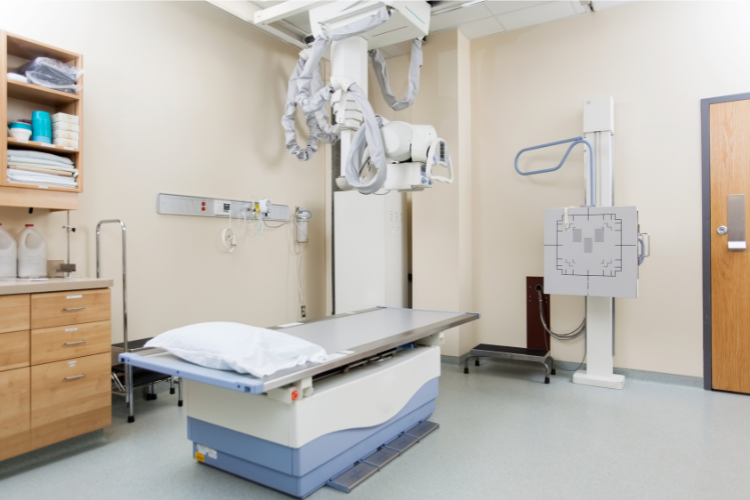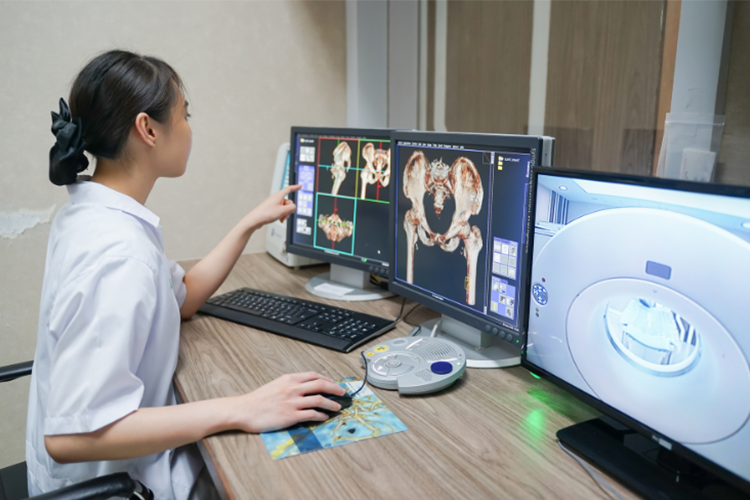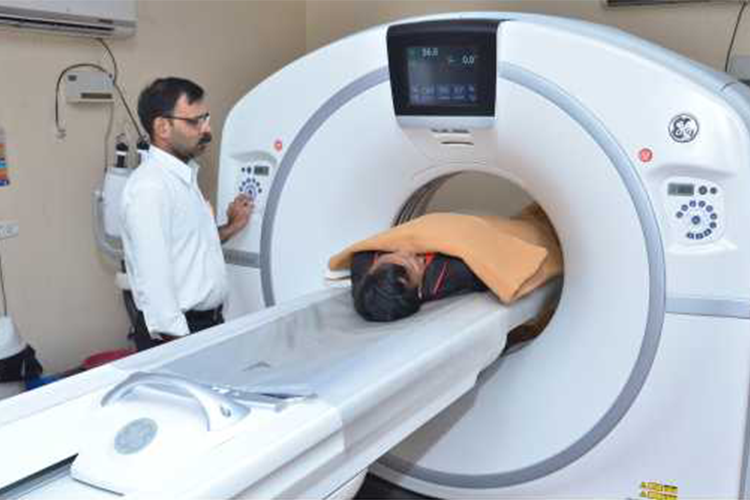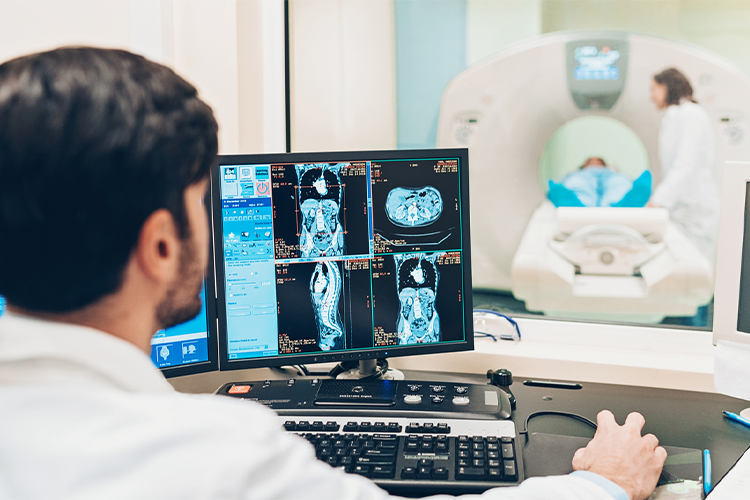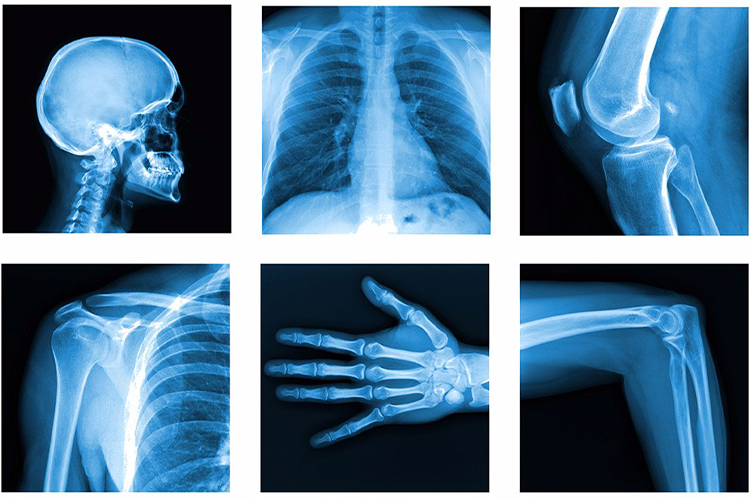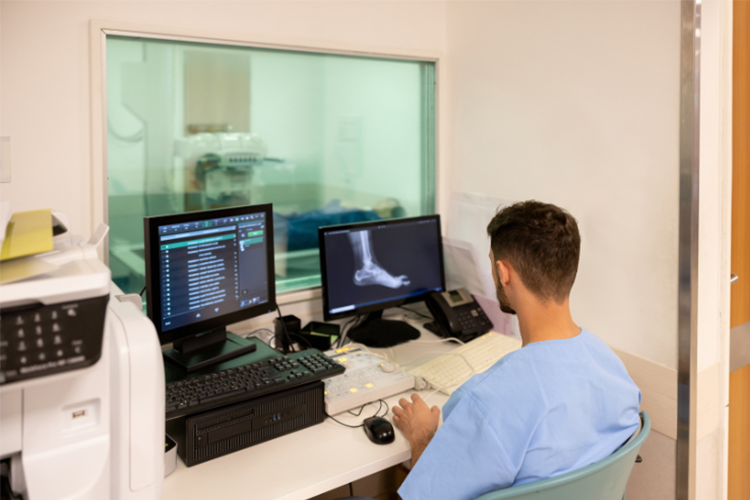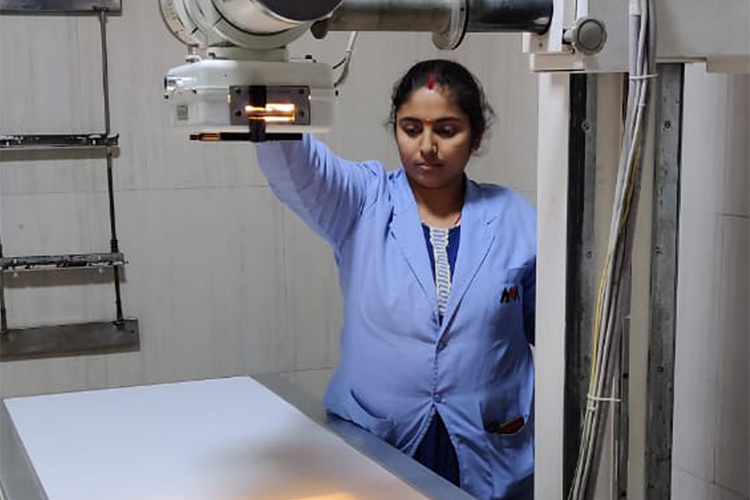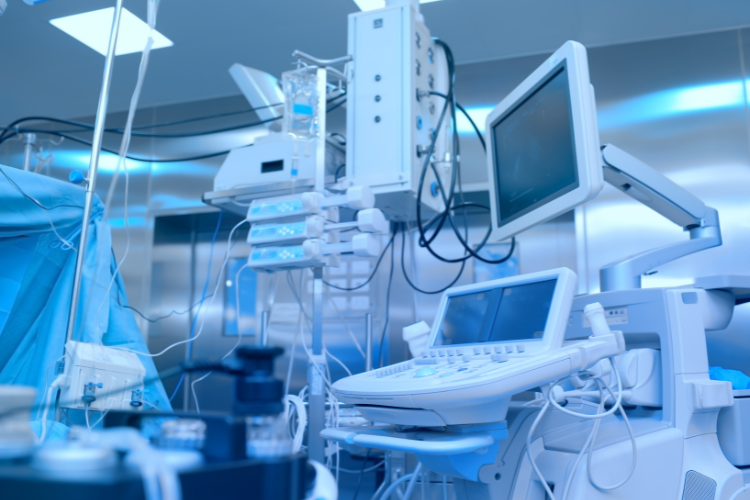Course Structure
Comprehensive study of human body systems, including organs and tissues, their functions, interactions, and relevance to radiological imaging.
Introduction to fundamental physics concepts, focusing on principles essential for understanding radiology, including radiation types, interactions, and safety measures.
Overview of traditional X-ray imaging techniques and equipment, including their operation, principles, and applications in medical diagnostics.
Course emphasising ethical values, strategies for addiction prevention, and understanding of traffic regulations to promote holistic personal and professional development.
Development of communication skills, including writing, speaking, and comprehension, essential for effective interaction in professional settings and academic environments.
Advanced exploration of anatomical structures and physiological processes, focusing on their implications for medical imaging and patient care.
Introduction to various imaging techniques such as X-ray, ultrasound, and CT, and their applications in diagnosing medical conditions.
Study of guidelines and practices for ensuring safe radiation use, protecting both patients and healthcare professionals according to AERB standards.
Examination of environmental factors affecting health, including pollution, climate change, and sustainability practices relevant to radiology and public health.
Focus on career guidance, professional skills development, and strategies for personal growth and success in the radiology field.
Detailed study of contemporary imaging technologies such as digital X-rays, CT scans, and MRI, including their operational principles and clinical applications.
Techniques and practices for using contrast agents in radiography, along with special procedures for enhanced imaging and diagnostics.
Methods for proper patient positioning during radiographic procedures to ensure optimal image quality and accurate diagnostics.
Principles of maintaining high-quality imaging standards and ensuring patient safety during radiological procedures, including risk management and error prevention.
Exploration of the physical principles behind advanced imaging technologies such as PET and advanced MRI, focusing on their technical aspects and clinical relevance.
Study of techniques used in interventional radiology, including minimally invasive procedures for diagnosis and treatment guided by imaging.
In-depth analysis of advanced MRI techniques and instrumentation, including their applications in detailed imaging and diagnostics.
Introduction to fundamental computer science concepts, including information systems, data management, and their applications in radiology and medical imaging.
Comprehensive study of MRI technology, including its principles, scanning techniques, and clinical applications for imaging soft tissues and diagnosing conditions.
Examination of nuclear medicine principles, including the use of radioactive substances for diagnosis and treatment of diseases, and their applications in clinical practice.
Skills for managing patient care in radiological settings, including communication, comfort, and handling various patient needs and conditions during imaging procedures.
Techniques for conducting research in radiology, including study design, data analysis, and interpretation of statistical data relevant to medical imaging and healthcare.
Practical exposure to clinical radiology settings, providing hands-on experience and understanding of real-world applications of radiological techniques and patient interactions.
In-depth study of cutting-edge radiological techniques and technologies, focusing on their advanced applications and integration into clinical practice.
Principles of effective management in hospital settings, including operations, administrative processes, and strategies for improving service delivery and healthcare management.






















